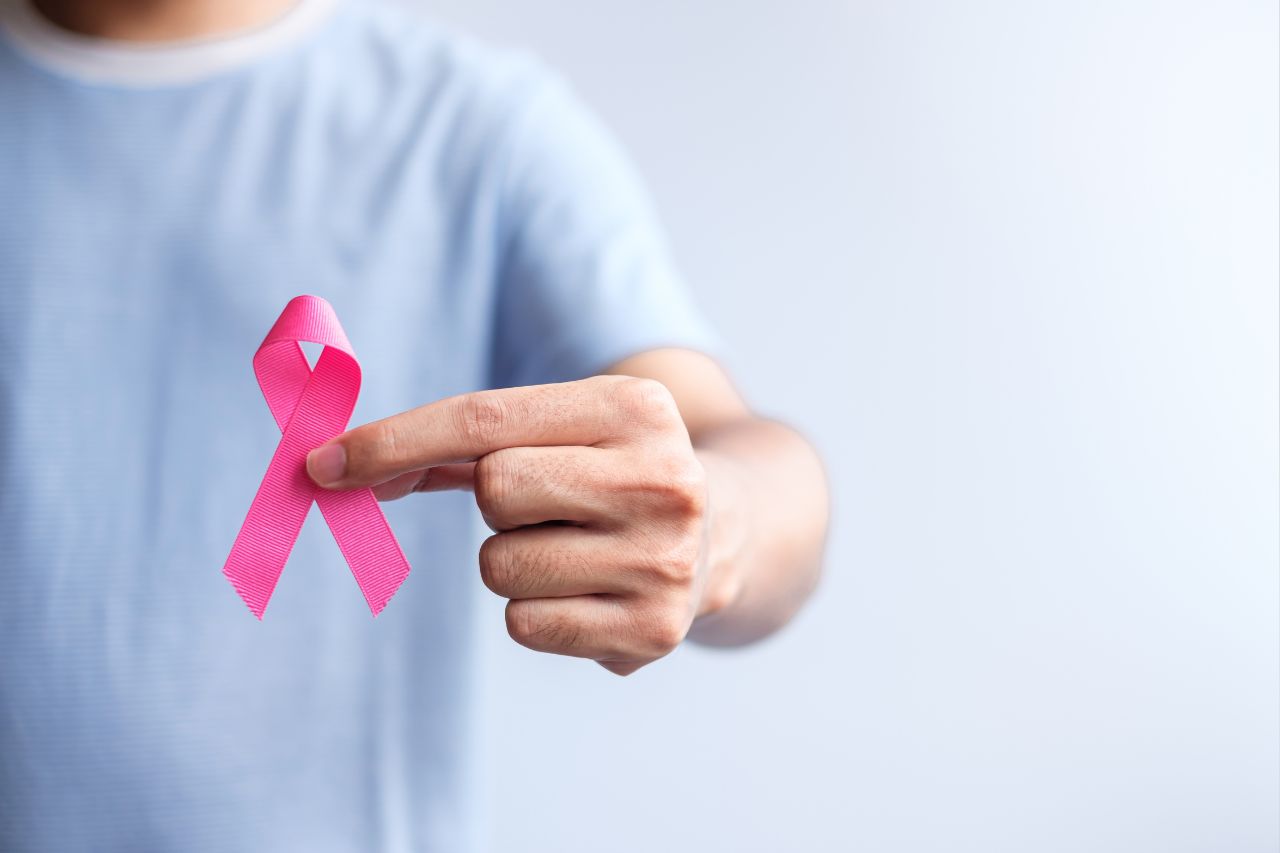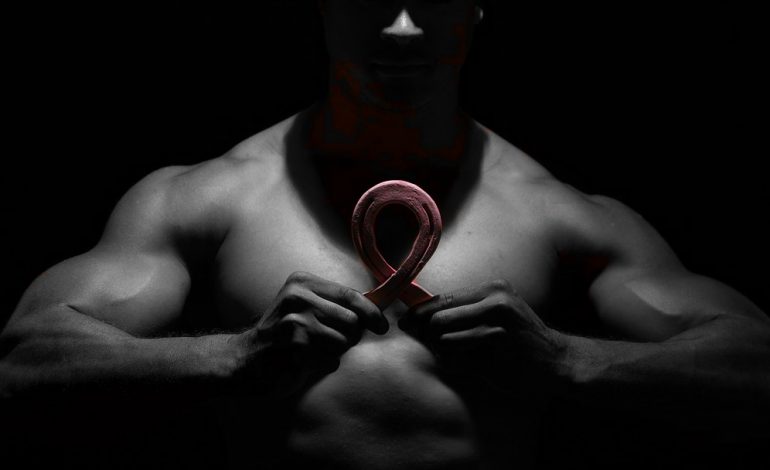Breast cancer, a term predominantly associated with women; however, have you ever wondered, “Do men get breast cancer?” The answer might surprise you. While rare, breast cancer can indeed affect men as well.
Do Men Get Breast Cancer? Explore The Reality Of Male Breast Cancer
In this comprehensive guide, we will delve into the lesser-known realities of male breast cancer, uncovering its causes, risk factors, symptoms, diagnosis, and treatment options.
So, let’s set forth to explore the truth behind this often-overlooked form of cancer.
Understanding The Reality Of Male Breast Cancer

To begin our exploration, let’s shed light on the common misconception surrounding male breast cancer. Contrary to popular belief, this form of cancer affects men too, albeit at a significantly lower rate compared to women.
While females are approximately 100 times more likely to develop breast cancer, men, unfortunately, are not exempt from the equation. Let’s dive into the details and unveil the truth behind male breast cancer.
Risk Factors For Male Breast Cancer
Men may face certain risk factors that increase their susceptibility to breast cancer. While some factors parallel those prevalent in women, others are unique to the male population. Let’s take a closer look at these risk factors:
- Age: Advancing age is a significant risk factor for male breast cancer. Most cases occur in men between the ages of 60 and 70.
- Family History: A family history of breast cancer, particularly in females, may heighten a man’s risk of developing the disease.
- Genetic Mutations: Mutations in the BRCA1 and BRCA2 genes, along with the PALB2 gene, are potential triggers for male breast cancer.
- Hormonal Imbalances: Conditions that lead to an imbalance of hormones, such as Klinefelter syndrome, may elevate the risk.
- Radiation Exposure: Prior exposure to radiation therapy in the chest area may increase the likelihood of developing breast cancer.
Signs And Symptoms That Prompt Attention

READ ALSO: Profile Of Dr. Mohammed Amin Adam: The New Finance Minister
To ensure early detection, it is crucial to familiarize yourself with the signs and symptoms associated with male breast cancer. These indicators may include:
- Lump or Thickening: The presence of a painless lump or thickening in the breast tissue or around the nipple area.
- Nipple Discharge: Discharge from the nipple, which may be bloody, clear, or of another color.
- Changes in Nipple Appearance: Drastic changes in the nipple, such as inversion or scaling.
- Breast Swelling or Redness: Unexplained swelling or redness in the breast or nipple area.
Diagnosis: Seeking Clarity And Understanding
If you observe any concerning signs or symptoms, do not hesitate to consult a healthcare professional. Timely diagnosis plays a pivotal role in successful treatment. Here are some diagnostic procedures that may be employed:
- Clinical Breast Examination: A doctor examines the breasts and armpits carefully to check for any abnormalities.
- Imaging Tests: Mammography, ultrasound, or magnetic resonance imaging (MRI) can help detect any potential abnormalities.
- Biopsy: A tissue sample is taken from the abnormal area for further examination to confirm the presence of cancerous cells.
Treatment Options: Navigating The Journey
When it comes to treating male breast cancer, the approach often mirrors that followed for women. The treatment plan depends on factors such as the stage of cancer, overall health, and personal preferences. Common treatment options for male breast cancer may consist of:
- Surgery: Mastectomy or lumpectomy, depending on the size and stage of the tumor.
- Radiation Therapy: Utilizing high-energy rays to destroy cancer cells and reduce the risk of recurrence.
- Chemotherapy: Administering anti-cancer drugs through infusion or oral medications to eradicate cancer cells.
- Hormone Therapy: Medications are used to block or suppress the effects of hormones that promote cancer growth.
Frequently Asked Questions
- Can men die from breast cancer? Yes, while relatively rare, breast cancer can be fatal for men if not diagnosed and treated in a timely manner.
- Can men undergo breast reconstruction after mastectomy? Yes, reconstructive surgery options are available for men who have undergone mastectomy.
- Is male breast cancer hereditary? Yes, certain gene mutations can be inherited, increasing the risk of male breast cancer.
